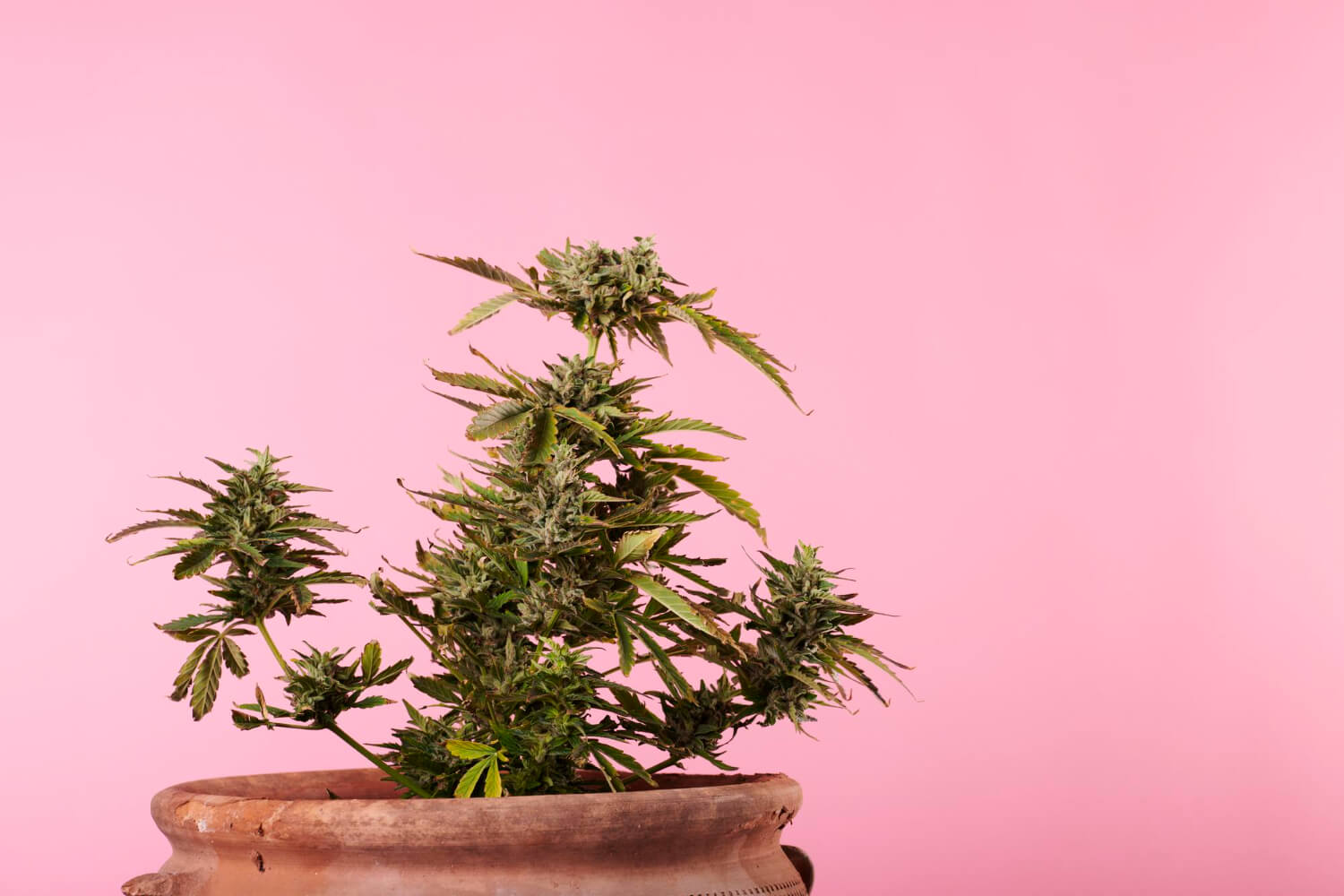A recent study funded by the American Medical Association (AMA) reveals that people living in states where cannabis is illegal report a higher likelihood of using cannabinoids such as delta-8 THC. This increased use suggests that prohibition may inadvertently encourage the consumption of these less-regulated substances.
The study found that 25% of respondents had used emerging cannabinoids in the past year, with more significant usage of delta-8 THC reported in states without legal cannabis. Interestingly, those who did not have access to legal cannabis were twice as likely to have used delta-8 THC products. These findings appear to support the notion that legal access to regulated marijuana products leads to reduced use of unregulated cannabis derivatives.
The study, which received partial funding from the National Institute on Drug Abuse (NIDA) and the National Institutes of Health (NIH), calls for more research into these cannabinoids due to potential health concerns and a lack of industry standards.
Hemp Operators Aim to Keep Products Legal Despite Debate Surrounding Hemp-Derived Intoxicating Cannabinoids
Despite ongoing debates over the legality and safety of products containing intoxicating cannabinoids derived from hemp, operators within the hemp industry are determined to maintain the legality of their offerings. However, questions remain about whether consumer demand for substances like delta-8 THC and other hemp-derived intoxicating cannabinoids will persist should cannabis become legalized.
One argument against this notion is rooted in efficiency: extracting cannabinoids from hemp plants with less than 0.3% THC is far less efficient than extracting them from highly resinous plants.
The main reason why it is currently more profitable for hemp product manufacturers to extract these compounds from low THC plants is because hemp is not subject to the same taxes and regulations as cannabis. This regulatory environment may change if more states opt for widespread cannabis legalization, potentially impacting consumer demand for delta-8 THC and similar products.
Accessibility Remains a Key Driver of Delta-8 THC Use in States without Cannabis Legalization
The AMA-funded study shines a light on an important factor driving the increased use of cannabinoids like delta-8 THC in states without legal cannabis: accessibility. These compounds are much more readily available to consumers who do not have access to legal cannabis options, further highlighting the unintended consequences of prohibition policies. If cannabis were legalized across the country, it would be interesting to observe whether the demand for delta-8 THC and other hemp-derived intoxicating cannabinoids would decrease or possibly even cease altogether.
Potential Health Concerns and Lack of Industry Standards Add Urgency to Delta-8 THC Research Efforts
As previously mentioned, the AMA-funded study calls for additional research into the potential health risks associated with delta-8 THC and other emerging cannabinoids. The current lack of industry standards in producing, quality control, and labeling these substances adds further urgency to these efforts. Consumers would undoubtedly benefit from having access to standardized, regulated cannabinoid products that provide accurate information about their contents, potency levels, and any potential health risks.
Cannabis Legalization May Offer Solution to Curbing Unregulated Cannabinoid Use
The recent study funded by the American Medical Association highlights the complex relationship between cannabis prohibition policies and the consumption patterns of cannabinoids like delta-8 THC. The findings suggest that if more states followed the trend of legalizing and regulating cannabis, consumers might be less likely to turn to unregulated cannabinoids out of necessity.
This potential shift could lead to a safer, more controlled environment for cannabinoid consumption and pave the way for further scientific study into these compounds’ health effects. Ultimately, a broader understanding of emerging cannabinoids such as delta-8 THC would be beneficial to consumers and the cannabis industry alike.





